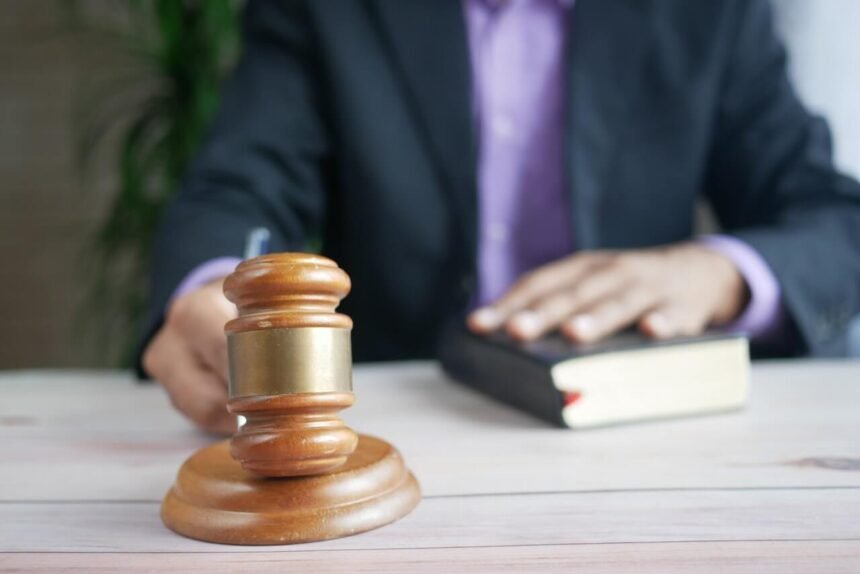The legal notion of “defamation of character” relates to the act of making false comments about another person with the intent to hurt their reputation. It’s a major crime with substantial career and personal repercussions.
The purpose of this article is to examine the basics of defamation by exploring its meaning, classifications, constituents, and legal ramifications.
Defining Defamation
When someone’s reputation is damaged because of false claims spread to others, this is called defamation. Lies may be spoken (slander) or written about (libel). Defamation claims need proof of a false statement, dissemination to a third party, injury to the plaintiff’s reputation, and either recklessness or malice on the side of the defendant.
Types of Defamation
- Slander: False words made against another person’s character are called slander. This is most common in one-on-one interactions, public addresses, and the media.
- Libel: False remarks made about another individual in writing or print might be considered libel. Articles, blog posts, and social networking postings are all acceptable examples.
Also Read: How to Choose the Right Pedestrian Accident Attorney
Legal Implications
Defamation laws are designed to protect both individuals’ reputations and the right to free expression, although they may vary widely from nation to country.
In many legal systems, the person claiming damage from a false statement has the burden of evidence. Certain elements, such as those listed below, must be shown for a defamation lawsuit to be successful.
- Falsity: The claim being made must be totally made up and have no basis in reality.
- Publication: At least one other person, apart from the plaintiff and the defendant, must have heard the fraudulent statement.
- Harm to Reputation: The plaintiff must have suffered actual damages as a result of the false statement, such as a loss of work, financial loss, or social embarrassment.
- Fault: The plaintiff may have to prove that the defendant behaved maliciously or negligently in order to prevail in court.
Also Read: What Damages Can You Recover in a Catastrophic Injury Lawsuit?
Defenses against Defamation Claims
Several defenses can be raised against defamation claims, including:
- Truth: If the statement is proven to be true, it is an absolute defense against defamation.
- Privilege: Defamation lawsuits may be barred in certain circumstances, including judicial declarations, parliamentary processes, and words made by government officials when acting in their official capacities.
- Opinion: As long as they are labeled as such, statements of opinion are typically safe from legal action.
Conclusion
Defamation of character is a tricky legal issue with far-reaching implications for people’s reputations and careers. It is essential for both prospective plaintiffs and defendants to have a firm grasp on the fundamentals of defamation law, including its definition, kinds, aspects, and legal repercussions.
While different jurisdictions may strike different balances between free expression and reputational safety, both must be protected. Anyone interested in or impacted by a defamation case would be wise to seek the counsel of competent legal specialists.



